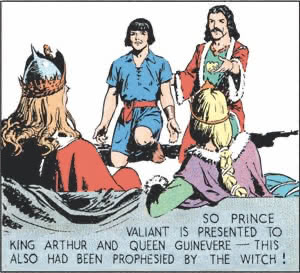The Internet Shedding a Free-Rider Problem
Published on Jan 28, 2021 (updated May 27, 2021), filed under misc. (Share this on Mastodon or Bluesky?)
One of the great things about the Internet is that we get so much on it for free. This includes high-quality contents and services. *
High-quality contents and services are sometimes free when the ones providing them invest in the promotion of the respective contents and services. Often, they are not free and we indirectly pay with our data.
With more and more software (like ad blockers) and regulation (like data protection legislation) limiting the data that we pay with for contents and services, we are, in a way, requiring these contents and services to be made truly free. We don’t want to pay money, we don’t want to share data.
As this doesn’t appear sustainable because providers of contents and services cannot produce for nothing, this is likely going to change, with us going to need to pay more for contents and services—maybe not for lower quality contents and services, maybe not for those that are being promoted, but for high quality contents and services.
The Internet may be shedding a free-rider problem.
If the hypothesis holds I believe that overall, this is a good thing. † ‡
* I generally wonder if this always free access and availability has fueled the seemingly growing entitlement around us.
† My bet is that the pay-Web won’t nearly be as expensive and exclusive as we might think. Moving away from “free” may lead to other business models and technology advances on the Web. For one, the Web of the Future might come with easy micro-payments, involving great numbers of transactions at amounts of a couple of cents.
‡ In my view this also sucks. I do see entitlement at the core of the development: Concerned users overzealously blocking ads, forcing content providers to implement more advertising and tracking, prompting lawmakers to regulate the content providers, pushing everyone underwater with content providers earning less and content consumers receiving less. This has been a two-decade shoot-out where everyone has killed each other and themselves. The quality-Web won’t be free anymore—no matter that arguably, it never was.
About Me
I’m Jens (long: Jens Oliver Meiert), and I’m a web developer, manager, and author. I’ve been working as a technical lead and engineering manager for companies you’ve never heard of and companies you use every day, I’m an occasional contributor to web standards (like HTML, CSS, WCAG), and I write and review books for O’Reilly and Frontend Dogma.
I love trying things, not only in web development and engineering management, but also in other areas like philosophy. Here on meiert.com I share some of my experiences and views. (I value you being critical, interpreting charitably, and giving feedback.)

